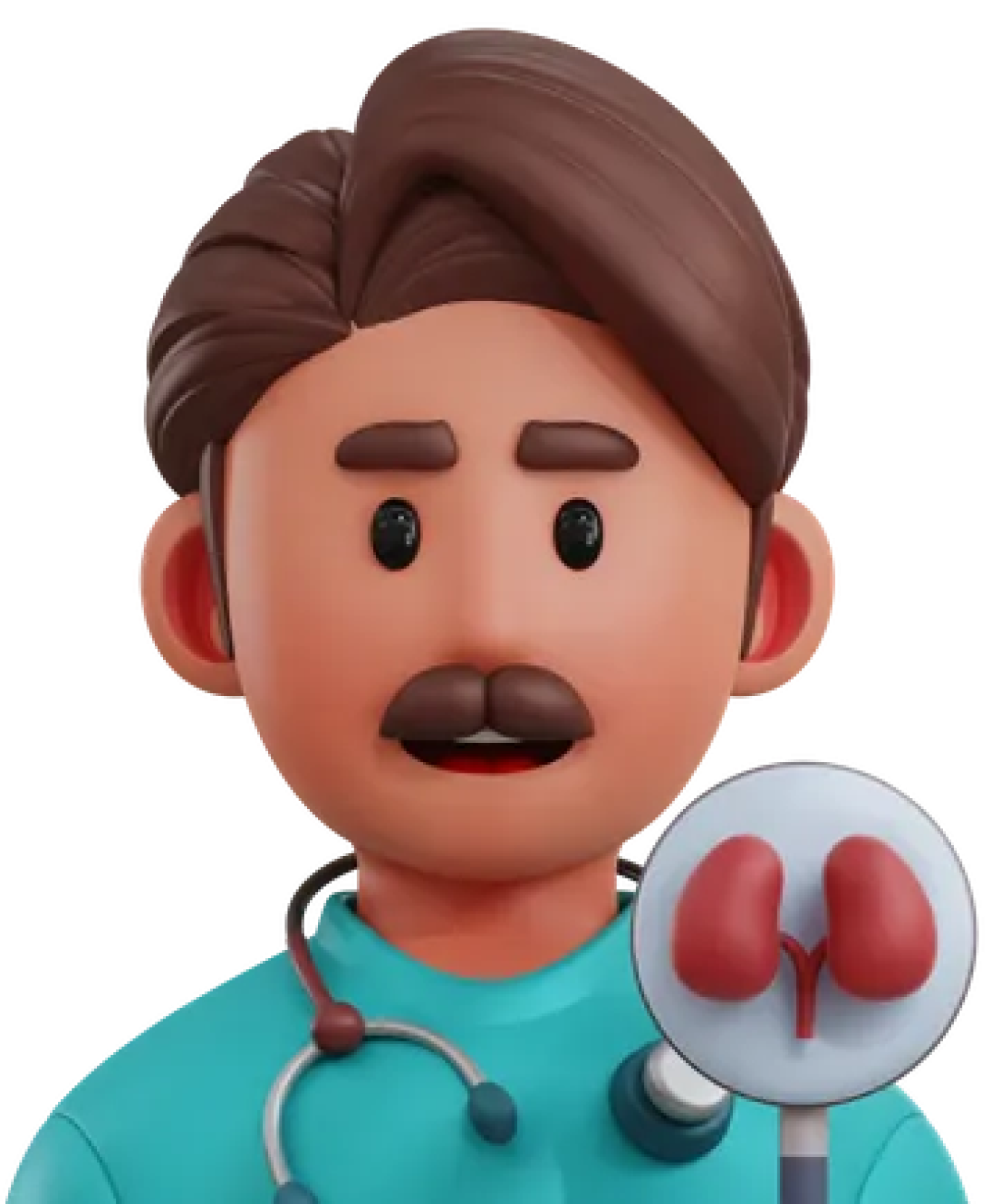What to Expect During Dialysis Treatment
Dialysis is a vital treatment for individuals with kidney failure, helping to remove waste products and excess fluids from the body when the kidneys are no longer able to perform this function adequately. If you or a loved one are beginning dialysis treatment, it's natural to have questions and concerns about what to expect. Here's an overview of the essentials of dialysis treatment:







